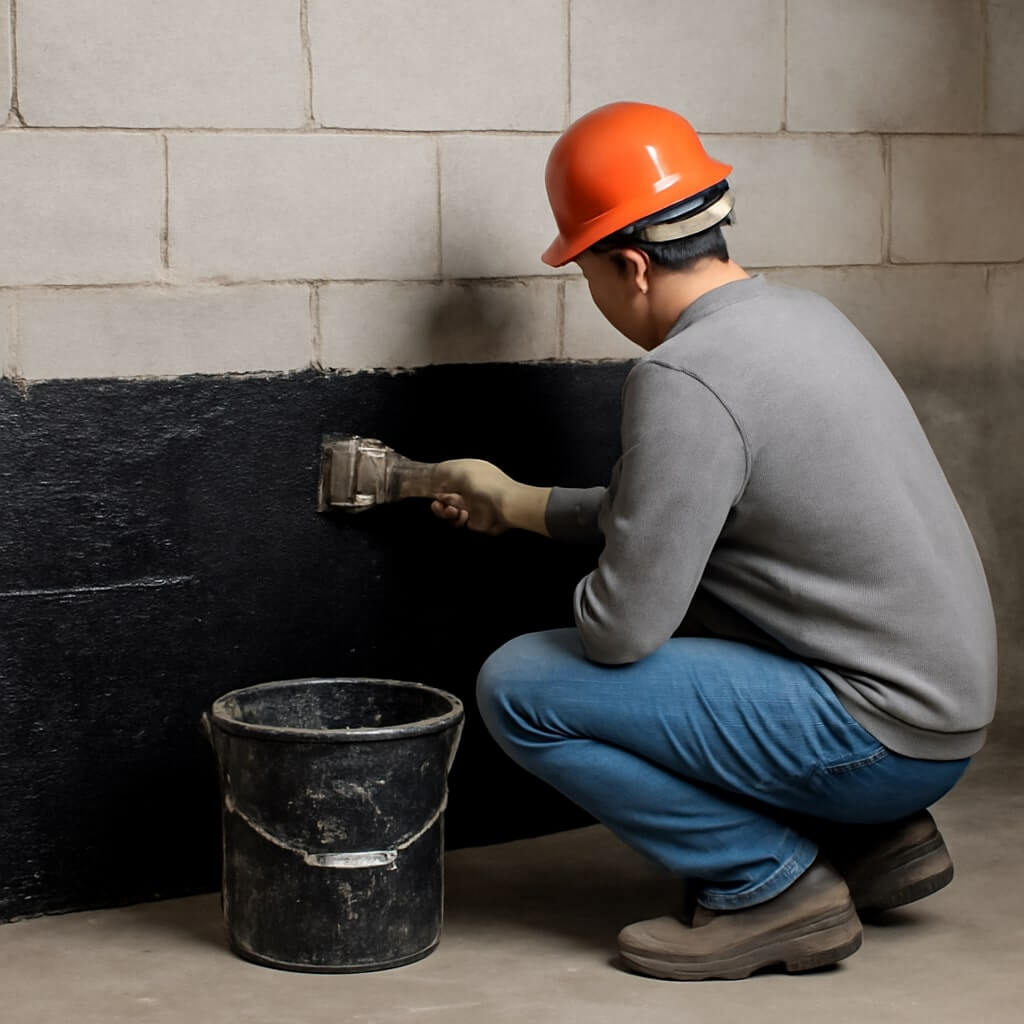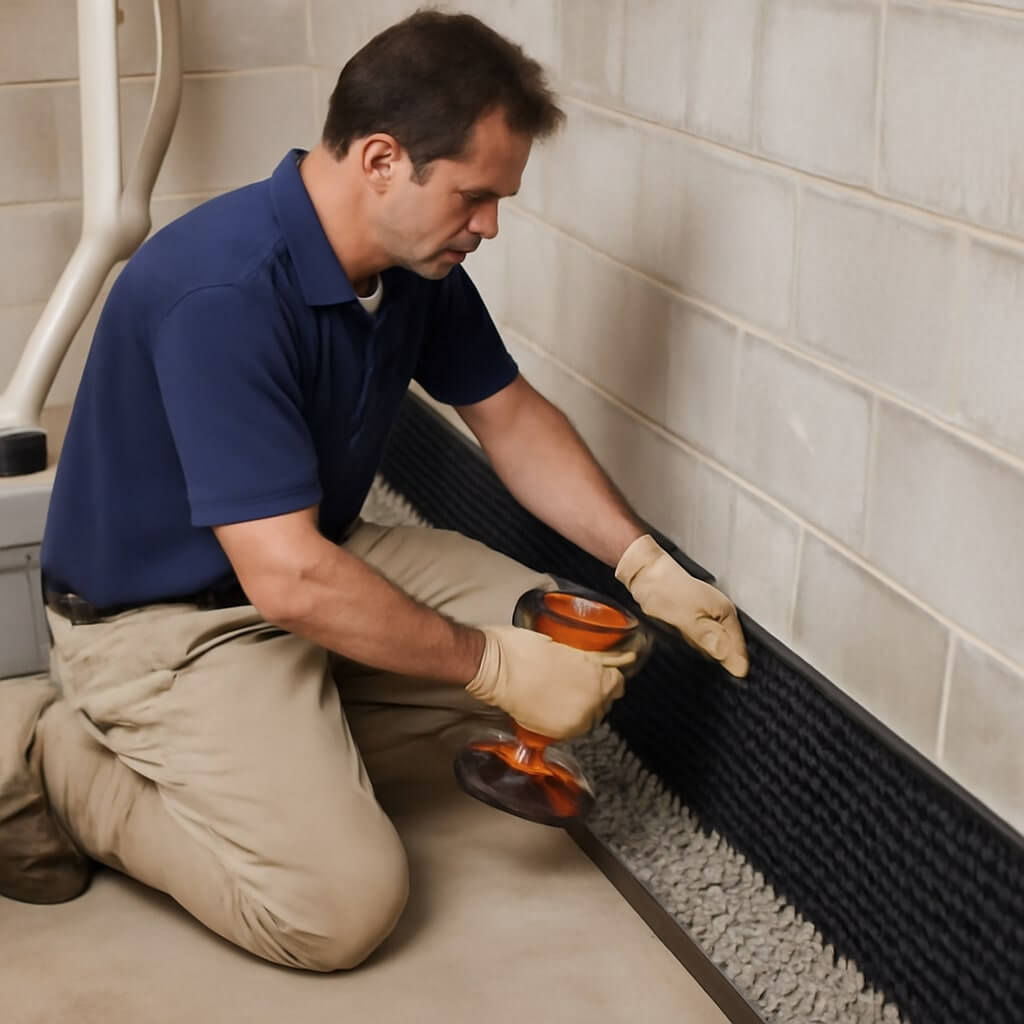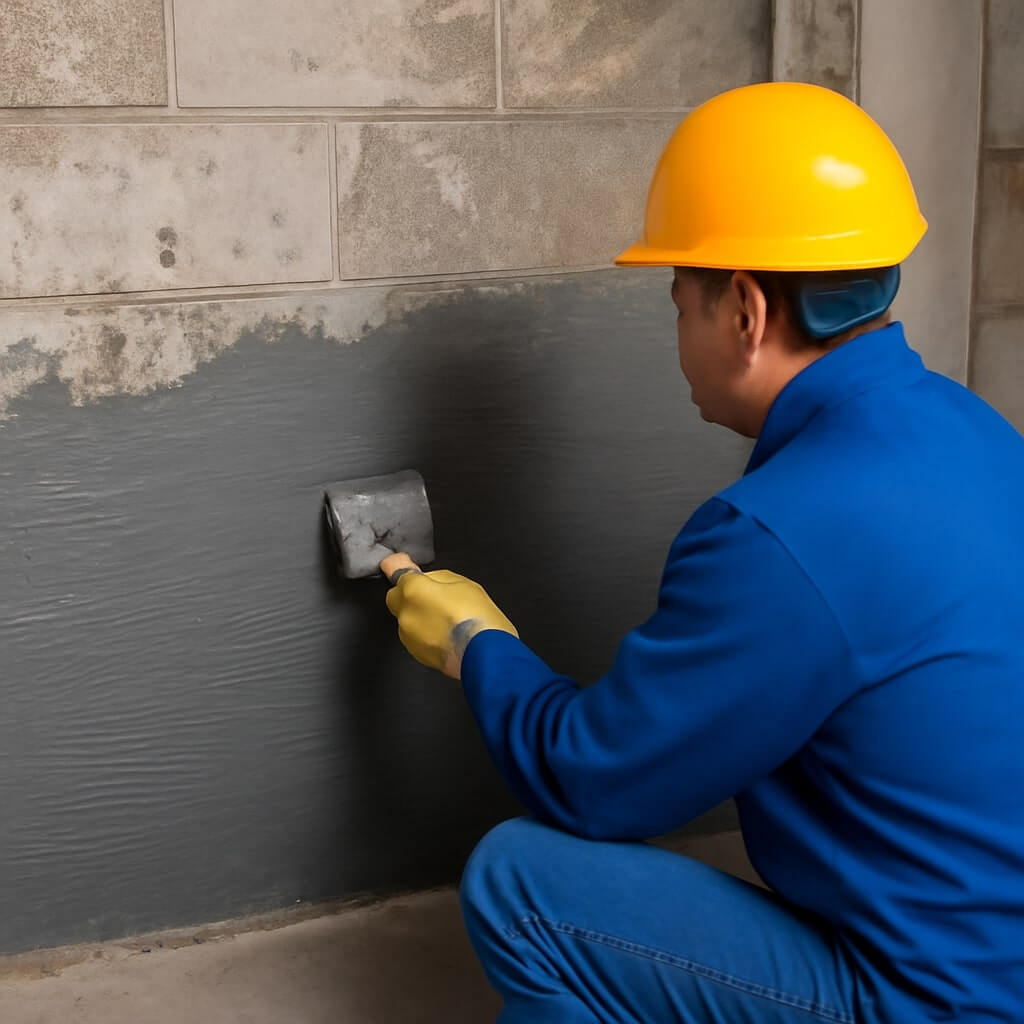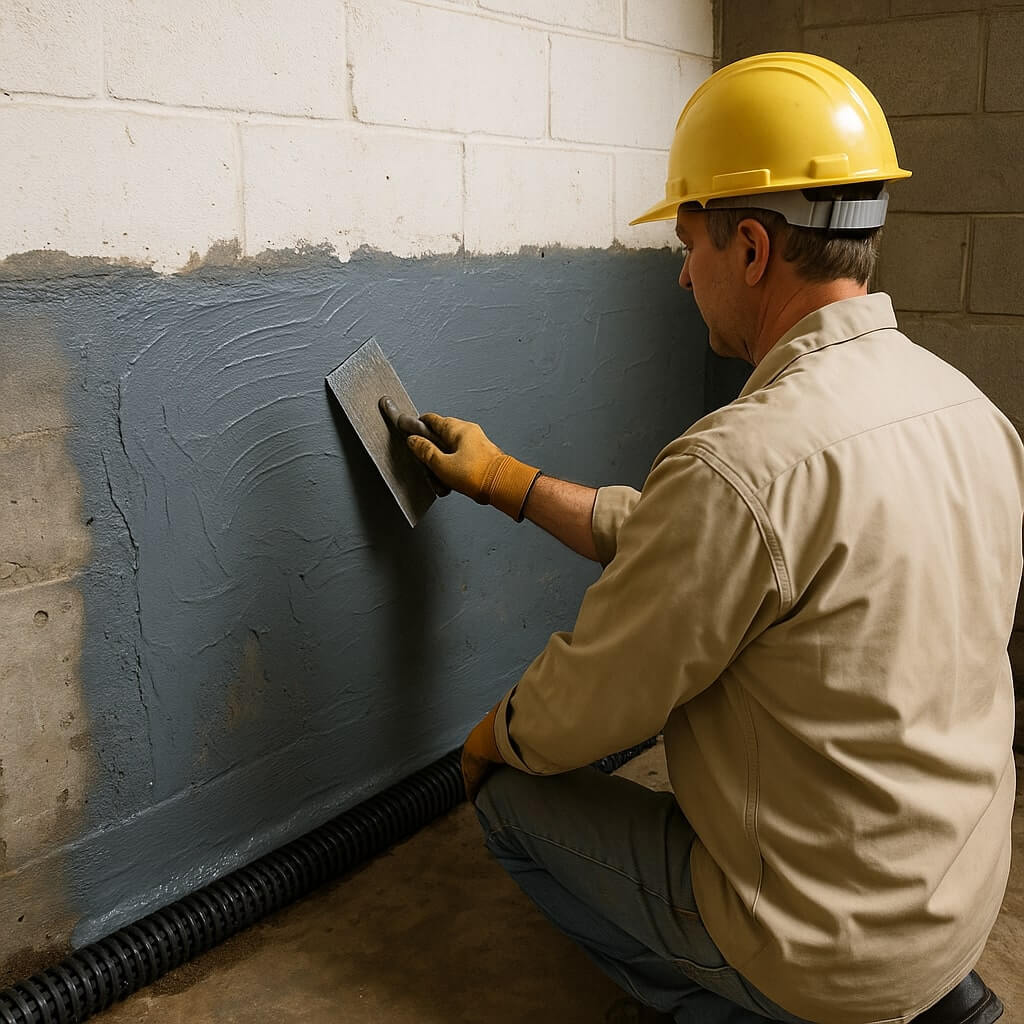Waterproofing your basement is one of the smartest investments a homeowner can make. It protects your home’s foundation, prevents mold and mildew growth, and increases property value. But many homeowners find themselves asking: How much does it cost to waterproof a basement? The answer depends on several factors, including the type of waterproofing, the severity of the problem, and the size of the space. In this guide, we’ll explore average costs, common methods, and tips for saving money.
Average Cost to Waterproof a Basement
The cost to waterproof a basement typically ranges between $1,500 and $10,000, with most homeowners spending around $5,500 for professional services. Here’s a breakdown of the most common price points:
| Type of Waterproofing | Estimated Cost |
|---|---|
| Interior Sealants | $400 – $1,200 |
| Exterior Waterproofing Membranes | $3,000 – $15,000 |
| French Drain Installation | $2,000 – $7,000 |
| Basement Sump Pump | $800 – $2,500 |
| Crack Repairs | $250 – $800 per crack |
| Full Waterproofing System | $8,000 – $20,000+ |
Factors That Affect Basement Waterproofing Costs
1. Basement Size
Larger basements require more materials and labor, increasing total costs.
2. Type of Foundation
Concrete slab, block walls, and poured concrete each present unique waterproofing challenges.
3. Severity of Water Damage
Existing mold, structural damage, or persistent flooding will increase the scope and cost of work.
4. Interior vs. Exterior Waterproofing
- Interior waterproofing is generally cheaper and less invasive.
- Exterior waterproofing provides long-term protection but requires excavation, driving up costs.
5. Local Labor Rates
Prices vary depending on your geographic location and demand for contractors.
Common Waterproofing Methods
Interior Sealants
Easy to apply and cost-effective, but only suitable for minor leaks or moisture.
Exterior Excavation and Membranes
Involves digging around the home’s foundation and applying a waterproof barrier. Offers robust, long-term protection.
French Drains
Redirects groundwater away from the foundation. Ideal for homes with recurring flooding issues.
Sump Pumps
Removes water that collects in a sump basin. Crucial for homes in flood-prone areas.
Money-Saving Tips
- Get Multiple Quotes: Prices can vary significantly between contractors.
- Act Early: Small leaks are cheaper to fix than full-scale flooding.
- Check Insurance: Some policies may cover water damage or waterproofing.
- Do Partial Fixes When Appropriate: If only one area is affected, focus waterproofing efforts there.
- Maintain Gutters and Grading: Often, exterior water problems begin with poor drainage around the home.
Is Basement Waterproofing Worth It?
Absolutely. Investing in waterproofing:
- Prevents structural damage.
- Avoids costly mold remediation.
- Protects valuable belongings.
- Increases home resale value.
For many, the peace of mind alone is worth the upfront cost.
FAQs About Basement Waterproofing
Q1: Can I waterproof my basement myself?
Q2: How long does basement waterproofing last?
Q3: Does basement waterproofing increase home value?
Q4: When is the best time of year to waterproof a basement?
Q5: Is waterproofing covered by home insurance?
Final Thoughts
Basement waterproofing is a worthwhile investment that can save thousands in the long run. Whether you’re battling damp walls or basement flooding, addressing the issue promptly will help protect your home’s value, structure, and health. Always consult with a trusted contractor to determine the best approach for your home and budget.




